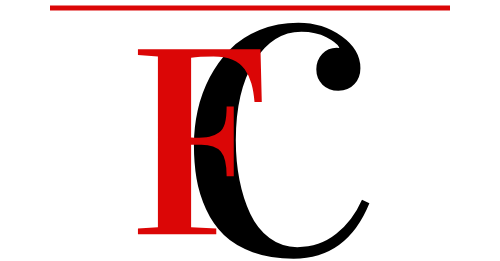Fashion has become an integral part of Nigerian culture, with its roots dating back to pre-colonial times. The Nigerian fashion industry has grown significantly over the years, with an increasing number of designers, models, and fashion enthusiasts making a name for themselves both locally and internationally. In this article, we’ll explore how big the fashion industry in Nigeria really is and the factors that have contributed to its growth.
Historical Background of Nigerian Fashion
Fashion in Nigeria has a rich history dating back to pre-colonial times. Traditional clothing styles were influenced by various factors such as culture, religion, and climate. With the advent of Western culture and fashion, Nigerian fashion evolved to incorporate a mix of traditional and modern styles. In the 1960s, Nigerian fashion designers started gaining recognition both locally and internationally, paving the way for the growth of the industry.
Growth of the Fashion Industry in Nigeria
The Nigerian fashion industry has witnessed significant growth over the years. Today, there are numerous designers, models, and fashion enthusiasts making waves both locally and internationally. The industry has also become more organized, with the establishment of fashion weeks, shows, and exhibitions.
Key Players in the Nigerian Fashion Industry
The Nigerian fashion industry is home to numerous designers, both established and upcoming. Some of the most notable designers in the industry include Deola Sagoe, Lanre Da Silva Ajayi, and Mai Atafo. There are also a growing number of models making a name for themselves, such as Oluchi Onweagba and Mayowa Nicholas.
Fashion Weeks and Shows in Nigeria
Fashion weeks and shows have become regular features in the Nigerian fashion industry. Some of the most notable fashion shows in Nigeria include Lagos Fashion and Design Week, Arise Fashion Week, and Africa Fashion Week Nigeria. These events provide a platform for designers to showcase their latest collections and for models to strut their stuff on the runway.
Impact of the Fashion Industry on the Nigerian Economy
The fashion industry has had a significant impact on the Nigerian economy. The industry provides employment opportunities for thousands of people, from designers to models, tailors, and fashion retailers. The fashion industry also contributes to the growth of other sectors such as tourism and hospitality.
Challenges Facing the Nigerian Fashion Industry
Like any other industry, the Nigerian fashion industry faces numerous challenges. Some of the major challenges include lack of funding, poor infrastructure, and piracy. These challenges hinder the growth and development of the industry, making it difficult for designers and other players to compete effectively on the global stage.
Future of the Nigerian Fashion Industry
Despite the challenges facing the Nigerian fashion industry, there is still great potential for growth and development. The industry has shown resilience over the years, with designers and other players finding innovative ways to overcome challenges. With increased support from the government and private sector, the Nigerian fashion industry is poised for even greater growth in the future.

Conclusion
In conclusion, the fashion industry in Nigeria has come a long way, from its traditional roots to becoming a major player in the global fashion scene. The industry has provided numerous opportunities for designers, models, and other players, while also contributing significantly to the Nigerian economy.
However, there are still challenges that need to be addressed, such as lack of funding and poor infrastructure. With the right support, the Nigerian fashion industry has the potential to become even bigger and better.
ALSO SEE: How a Teenager Can Establish a Fashion Empire in Nigeria
FAQs
-
What is the size of the Nigerian fashion industry?
The exact size of the Nigerian fashion industry is difficult to determine, but it is estimated to be worth billions of dollars.
-
Who are some of the top fashion designers in Nigeria?
Some of the top fashion designers in Nigeria include Deola Sagoe, Lanre Da Silva Ajayi, and Mai Atafo.
-
What impact has the fashion industry had on the Nigerian economy?
The fashion industry has had a significant impact on the Nigerian economy, providing employment opportunities and contributing to the growth of other sectors such as tourism and hospitality.
-
What are some of the challenges facing the Nigerian fashion industry?
Some of the major challenges facing the Nigerian fashion industry include lack of funding, poor infrastructure, and piracy.
-
What is the future of the Nigerian fashion industry?
Despite the challenges facing the Nigerian fashion industry, there is still great potential for growth and development, with increased support from the government and private sector.

Leave a Reply